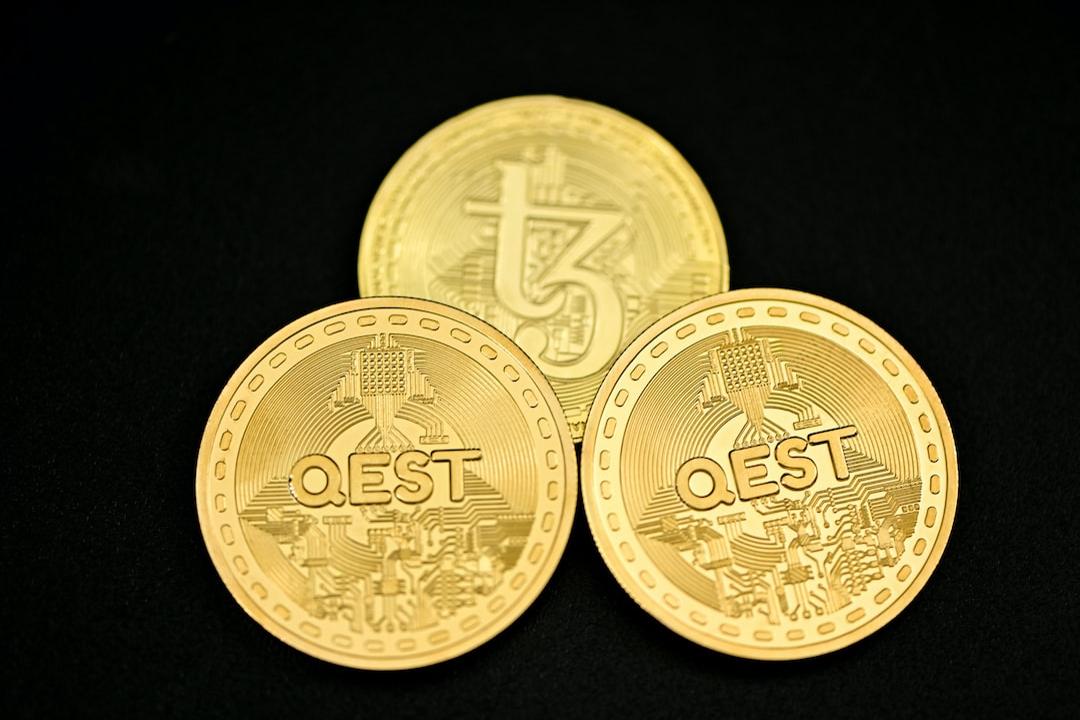ETHGlobal, a well-known hackathon competition in the industry, co-hosted with Devconnect in Istanbul. According to the official announcement, ten teams have been selected for the finals, covering areas such as zero-knowledge proofs (ZK), account abstraction (AA), privacy, and asset security.
Table of Contents
Toggle
Ten Selected Projects at ETHGlobal Hackathon in Istanbul
Clade Club
S.C.I
BridgeBuddy
Buddy-Guard
Sarma
AidDistribute
TapTrust
Footy Stars
ZK Vote
Lens & Frens
Thinking about How to Improve
The ten teams selected for the ETHGlobal finals are:
Clade Club: DAO governance tool
S.C.I: Anti-phishing tool
BridgeBuddy: Account abstraction wallet
Buddy-Guard: Community security service
Sarma: Privacy execution program
AidDistribute: Asset usage restriction tool
TapTrust: NFC privacy activity participation tool
Footy Stars: Zero-knowledge proof project for game results
ZK Vote: Zero-knowledge proof voting tool
Lens & Frens: Zero-knowledge proof ticketing system
Clade Club aims to improve DAO efficiency.
Traditionally, DAOs typically operate using tokens or NFTs, giving more power to those with more funds, and the decision-making process often lacks discussion. Clade Club, on the other hand, uses Worldcoin for governance, employing quadratic voting and ensuring that participants have undergone KYC through World ID. In terms of the voting system, the team was influenced by Ray Dalio’s Dot Collector concept and created a Web3 version of the scoring system.
Supplement: Dot Collector is a system for mutual evaluation among employees within Bridgewater Associates, using a point system to evaluate each other transparently, with the aim of improving the company’s operational efficiency. Interestingly, Coinbase recently announced the introduction of this system to the company as well.
Secure Contract Interactions (S.C.I) is an on-chain verification protocol that utilizes domain and user authentication mechanisms to provide a more secure usage environment.
Domain-Contract On-Chain Security Whitelist:
The team has built an on-chain domain-to-contract verification system, where domain owners can add contracts to the security whitelist.
User Tagging Feature:
By using Ethereum Attestation Service (EAS), users can tag malicious domains or contracts, as well as prove the security of contracts, reducing reliance on domain owners’ trust.
Ease of Use:
When users access risky contracts, they receive reminders through Metamask Snap and other methods.
BridgeBuddy is a browser extension-based account abstraction wallet that simplifies the user experience by abstracting the complexities of cross-chain compatibility on various EVM-compatible networks.
The wallet integrates and displays assets from all chains together, and can automatically complete transactions across chains. For example, balances of USDC on Ethereum and USDC on Arbitrum will be automatically summed up and displayed together. When a user does not have enough USDC on a certain chain, the wallet will automatically complete the transaction by crossing to another chain.
Buddy-Guard provides community security network mechanisms.
Those who feel the need for protection, such as when walking alone at night, can use tokens like ApeCoin or GHO as collateral to create orders. Buddy-Guards, who receive the orders, need to monitor whether the user has sent a signal (automatically transmitted by the system) upon reaching the destination within a certain time frame. If no signal is received within the specified time, Buddy-Guards are required to notify the police or others.
In this project, EAS on-chain attestation is used to ensure the reputation of Buddy-Guards, and NFC design is used to make offline experiences easier and smoother, which also fits the usage scenarios in emergencies.
The project implements a Sarma code format that allows public and private smart contract execution on any EVM. This feature also supports cross-chain functionality.
Users can use Solidity to write the public part of smart contracts. When a private portion is needed, it can be written using Noir and executed using Sarma (a blob of UTXO), hiding transaction information.
Sarma also supports cross-chain functionality, achieving cross-chain privacy execution, which is more secure because cross-chain bridge protocols do not know what information they are transmitting.
AidDistribute is a project that ensures correct usage and tracking of tokens. The project uses ERC-4326 to create a vault contract, where the contract owner can deposit ERC-20 tokens and mint corresponding ownership tokens. These tokens can only be transferred, traded, and redeemed at whitelisted addresses, ensuring that funds are used for the intended purposes. Daily withdrawal limits can also be set for whitelisted addresses.
The team currently uses GHO stablecoin issued by Aave as the token.
TapTrust optimizes the participation experience in activities using NFC and account abstraction technology. Users can automatically sign transactions and maintain privacy through NFC chips.
This enables easy participation in any transaction for Web3 activities, even without ETH. For example, users can sign up for voting or claim POAP without having ETH, thanks to receiving a new NFC chip with a unique public-private key pair.
FootyStars provides trustless match results using zero-knowledge proof technology (EZKL), bringing real-world results onto the blockchain and simulating corresponding real-world matches.
Each player in FootyStars is an ERC721 token. By transparently aggregating sports data from multiple sources such as Opta/Squawka and professional team ratings by FootyStars juries selected by the DAO, player performances are reflected on the NFT chain.
ZK Vote uses Polygon ID to verify private certificates and generate zero-knowledge proofs, ensuring that participants have the right to vote without revealing personal information. The governance systems on blockchains often face two problems:
User anonymity: Ensuring user privacy
Vote uniqueness: Ensuring one person, one vote
Lens & Frens is a zero-knowledge proof ticketing system where related tickets do not reveal privacy information, allowing users to participate in events using zero-knowledge proof tickets.
The underlying technology uses zk-SNARK and PCD to ensure the legitimacy of on-chain tickets without revealing other information.
Observing the latest hackathon projects can help generate interesting ideas and insights, providing another interesting way to participate in Web3.
Take an objective view and continue to think about how to improve. These projects usually have room for improvement, and teams generally use corresponding technologies to win awards. For example, NFC technology is frequently used, partly because NFT technology company Arx provides corresponding rewards. However, there may be better solutions. Therefore, these projects are by no means the end. When looking at these projects, constantly think about how they can be improved, as unexpected gains can often be achieved.
AA
DAO
ETHGlobal
ZK
ZKP
Account Abstraction


Further Reading
Solana’s Account Abstraction First Step, Neon EVM to Support Multi-Asset Fees
J.P. Morgan’s Digital Asset Platform Onyx to Test Tokenized Wealth Management Service with Avalanche

